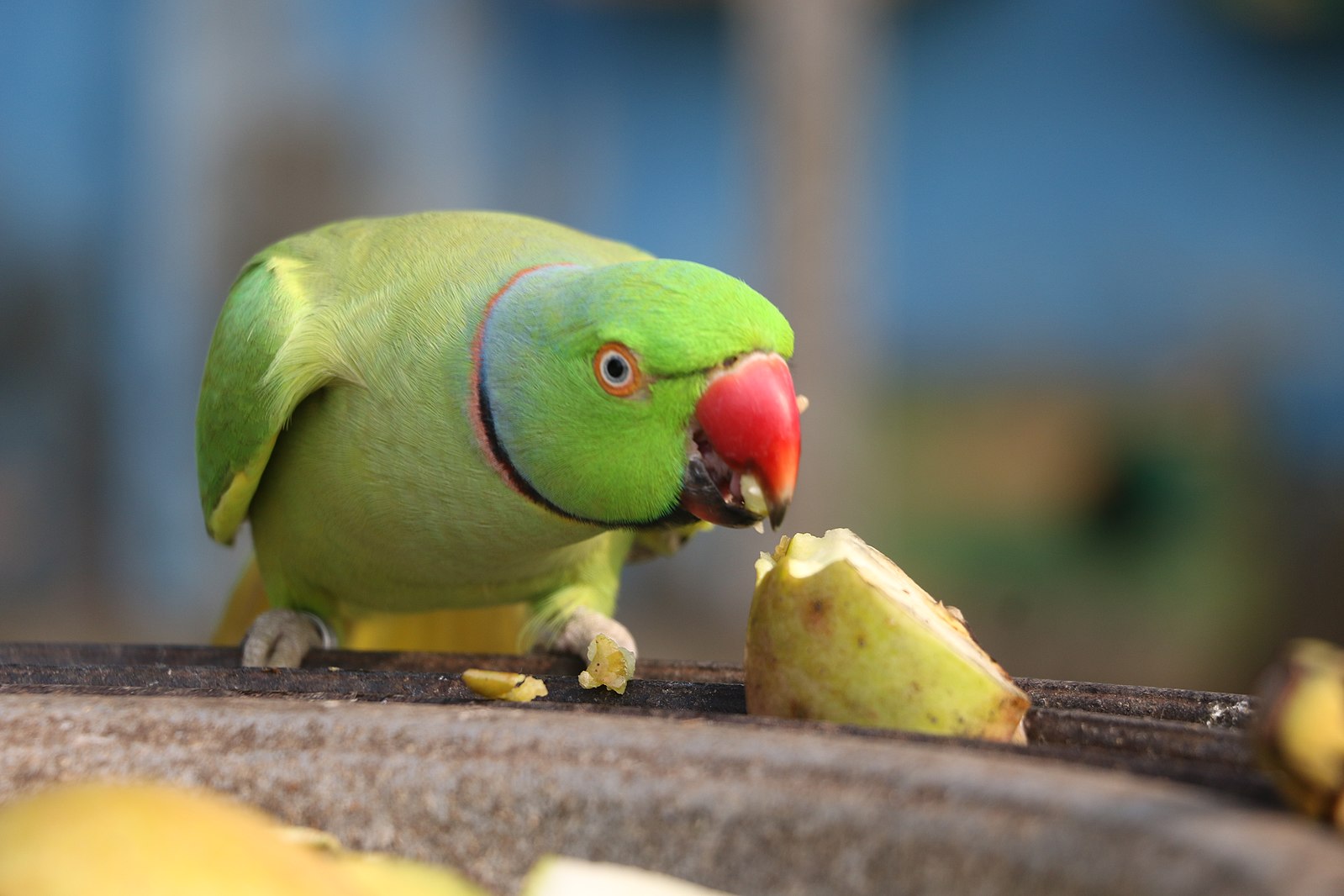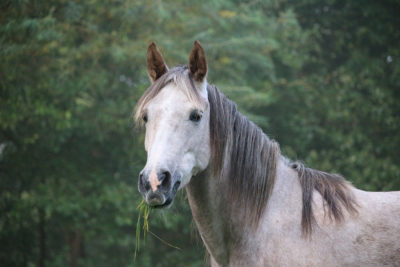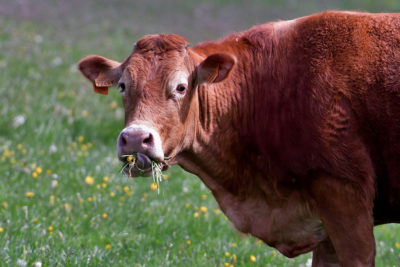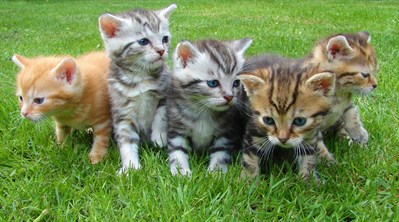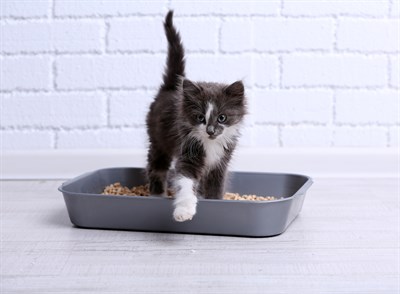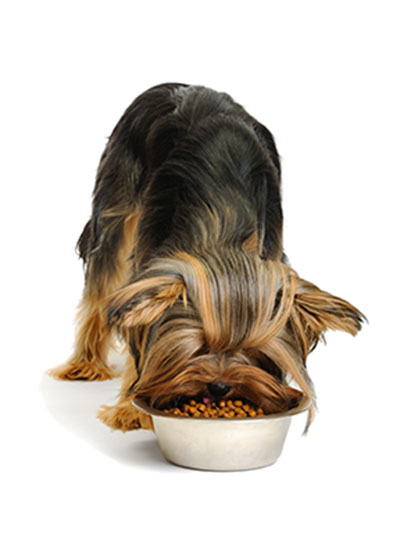Feeling Peckish: Nutritional Disease in Pet Birds
A proper avian diet goes beyond the colorful bags of grocery-store seed commonly associated with bird food. Failure to meet a pet bird’s nutritional requirements can lead to nutrient deficiencies and diseases with severe health consequences. Dr. Jill Heatley, an associate professor at the Texas A&M College of Veterinary Medicine & Biomedical Sciences, explains the […]
Hay is for Horses: Maintaining a Proper Equine Diet
Nutrition plays a large role in a horse’s energy level, performance, and overall health. There are many feed and treat options available for horses, but some are more important than others for a complete and healthy diet. Dr. Leslie Easterwood, a clinical assistant professor of equine community practice at the Texas A&M College of Veterinary […]
The Remarkable Ruminant Digestive System
Cows are notorious for chewing their cud, but did you know this is actually a key part of their digestive process? This chewing of cud, also called “ruminating,” is one feature of an interesting and complex digestive system that allows cows to extract all of the necessary nutrients from their food. Ruminants such as cattle, […]
The Dos and Don’ts of Feeding Pets People Food
When a pet is begging for food, it is sometimes hard to resist giving them a little taste of your meal. Before you do this, though, it is important to know which foods are OK to give as treats and which can cause serious health concerns. Kaitlyn Upton, a veterinary student at the Texas A&M […]
Choosing the best diet for your kitten
Kittens have very specific dietary needs in order to grow into healthy, active adult cats. As carnivores, all cats need more protein than many other pets, but kittens also require a variety of nutrients to provide energy for growth and development. Dr. Deb Zoran, a professor at the Texas A&M College of Veterinary Medicine & […]
Managing Canine Diabetes
Diabetes, or diabetes mellitus, is not the most common disease found in pets, but it can be a serious health concern if not treated. Caring for a pet with diabetes may seem daunting, but many pet owners find that it is not as difficult as it seems. In honor of National Pet Diabetes Month in […]
Is your pet obese?
Like humans, pets can develop excess body fat that can lead to serious health problems such as diabetes or degenerative joint disease. But how can you tell if your pet has obesity? In recognition of National Pet Obesity Awareness Day on Oct. 11, Dr. Audrey Cook, associate professor at the Texas A&M College of Veterinary […]
Gassy Pets
While the occasional release of gas from a pet can be funny or even cute, excessive tooting may present more of a problem than just being unpleasant to be around—releasing too much stinky gas could be a sign of a health problem. Certain diseases, such as exocrine pancreatic insufficiency and inflammatory bowel disease, can cause […]
Gastrointestinal Disorders in Cats
Frequent diarrhea, vomiting, and other signs of an upset stomach in your cat could be signs of gastrointestinal (GI) or digestive disorders. While an occasional upset stomach is normal, cat owners should inform their veterinarian if their pet frequently experiences signs of digestive issues. “Gastrointestinal disorders are diseases that affect the digestive tract,” said Dr. […]
Diets for Pets with Liver Disease
Have you ever been in a restaurant and noticed a strange dish on the menu? You may have seen the word “liver” and cringed with disgust. Though there are many benefits in consuming liver, it is not a common meal that you might serve during family fun night. You may find this part of the […]

